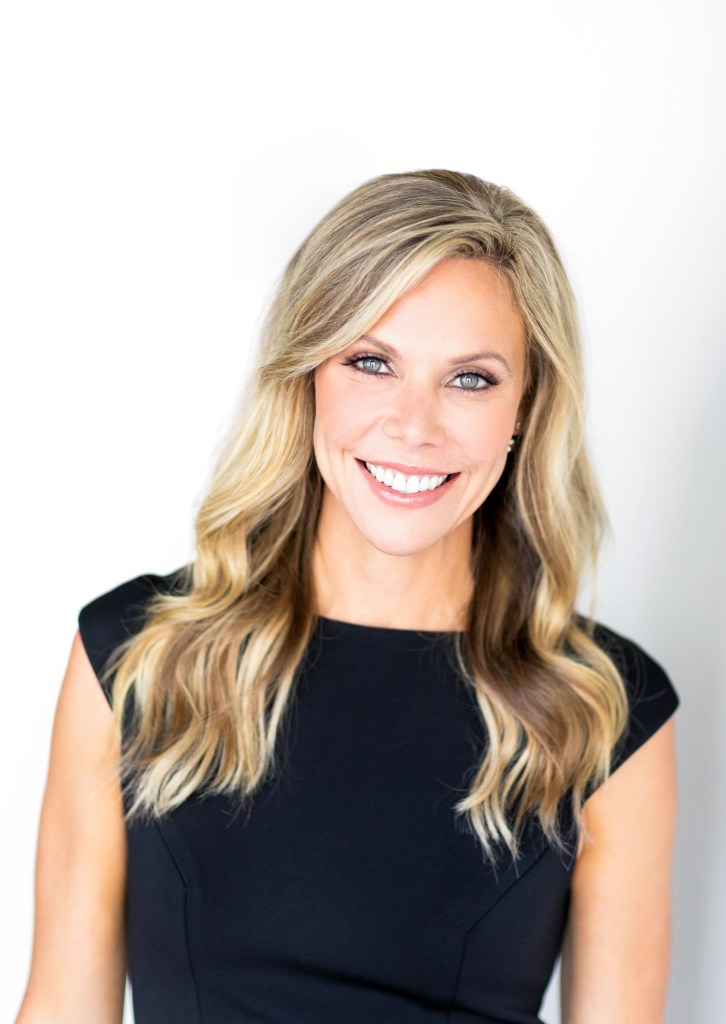A new, wide-ranging survey commissioned by leading reverse mortgage lender Finance of America Reverse (FAR) has found that in spite of an aggressive expansion in the creation of educational materials geared toward seniors about accessing home equity in retirement, the cohort remains less likely to consider the option than younger people.
The survey, part of FAR’s inaugural “Home Equity Punch List,” finds that older homeowners are nearly two times less likely to consider home equity tapping options including loans, despite the fact that older homeowners are arguably in a far better position to make the most of such tools. Recent data from the National Reverse Mortgage Lenders Association (NRMLA) and data analytics firm RiskSpan estimated the total home equity of Americans aged 62 and older recently surpassed $11 trillion.
The survey solicited input from 2,000 U.S.-dwelling homeowners aged18 and older, who were given an understanding of home equity and its potential uses, as well as if — and how — home equity might fit into homeowners’ long-term financial goals. FAR intends to conduct this same survey on an annual basis, the company said.
Seniors’ unwillingness to tap home equity
When broken out among generational cohorts, surveyed respondents from both the Silent Generation (born between 1928 and 1945) and baby boomers (born between 1946 and 1964) each overwhelmingly resisted the concept of tapping home equity, with 94% of Silent Generation and 89% of baby boomer respondents saying they were unlikely to consider home equity products, “including a reticence to consider the merits of home equity, a noted lack of knowledge around product benefits, and misaligned expectations that financial advisors would recommend home equity solutions if appropriate for their clients,” the results read.
A key message that emerges from these results, according to FAR, is the ongoing need for more robust product education of the primary reverse mortgage demographic.
“Strikingly, 90% of survey respondents with a financial advisor trust they would suggest a home equity loan if in their best interest,” the results read. “Yet only 30% of survey respondents with a financial advisor have ever spoken with them about a home equity loan. This statistic aligns with other industry data as well.”
That other data comes from a recent study by the Academy for Home Equity in Financial Planning (AHE) at the University of Illinois Urbana-Champaign (UIC), which indicates that over 60% of financial planners either cannot or aren’t sure how to discuss home equity tapping options with clients.
“In this gap, FAR sees an opportunity for both consumers and financial advisors to learn about the stabilizing impact of housing wealth for 55+ homeowners and for a senior lending expert to play a role in the retirement planning conversation,” the company said.
The need for robust education

The reverse mortgage industry has long been discussing the critical need to expand and evolve its educational practices in order to present a reverse mortgage as a viable tool for retirement financing, but this new sentiment data from the industry’s core demographic should help to better underscore this point for stakeholders and professionals. This is according to Kristen Sieffert, president of FAR.
“The survey results validate what FAR has long believed and evangelized through our partnership with the Financial Planning Association and our consumer marketing efforts – that an overwhelming majority of older Americans are not considering home equity in their approach to retirement but many should,” she said.
Sieffert goes on to call the continuing proliferation of educational material “crucial,” saying that the incorporation of home equity could help seniors to secure a better retirement.
“For thousands of U.S. homeowners, a home equity product such as a reverse mortgage may be the key difference in a plan that successfully sees them thrive through volatile years,” she said.
When asked about how this could influence efforts at FAR and what the hope is for influencing the larger reverse mortgage industry, the company described for RMD some recent initiatives it has taken and what it hopes to accomplish in the years ahead.

“We’re continually exploring ways we can educate both potential customers and intermediaries like RIAs, financial advisors, and other financial services professionals about the merits of home equity and incorporating it into a holistic financial plan,” said Kellan Brown, VP of retirement strategies at FAR. “At FAR, we already provide trainings, webinars and online learning modules for financial professionals interested in learning more about reverse mortgages.”
Brown specifically also speaks directly to retirement advisors and wealth managers to illuminate the topic of home equity, and sees that cohort as critical to advancing the industry among seniors.
“This group of professionals meets with both their clients and peers on a regular basis and has strong relationships with the audiences most apt to help older homeowners incorporate home equity into their financial plans,” Brown explains for RMD. “By meeting with and establishing connections with these key audiences, as well as sharing data and insights like those from our Home Equity Punch List and other reports that we publish, FAR will continue to advance the industry and encourage more homeowners to consider how they can put their built-up equity to work for them.”
Use cases for home equity
In addition to the sentiment of different generations, respondents overwhelmingly indicated that the value of their home has increased in the time since they first purchased it. 86% described experiencing said increase, while 85% also described the purchase of a home as “the best investment they ever made,” the results read.
84% of respondents also described a desire to live in their home for as long as they are able to. Just over a third of respondents (37%) described having taken out a home equity loan of some kind in the past, with over half of the respondents identifying a Home Equity Line of Credit (HELOC) as their equity-tapping product of choice in that instance.
In terms of use cases for the 37% of respondents who have previously tapped home equity, 60% of those respondents described either using the proceeds for a home improvement project or paying off existing debt as their uses of choice. When offered a hypothetical use case, respondents also identified these two as the most likely uses of equity-based proceeds.
Demographic shifts
While the current lack of desire on the part of seniors to implement home equity into a retirement strategy could indicate a problem for the reverse mortgage business currently, younger generations demonstrate far more amenability to the possibility of tapping equity when compared to baby boomer and Silent Generation respondents.
Older generations are two times less likely to consider taking out a home equity loan compared to younger generations. This breaks out to 94% of Silent Generation respondents reporting lesser likelihood and 89% of baby boomers compared to 61% of Generation X respondents and only 39% of Gen Z/Millennial respondents.
Additionally, 74% of Gen X and 83% of Gen Z/Millennials reported that home equity is a factor in their approach to financial planning, compared with 47% of baby boomers.
How this could translate into the future posture of the reverse mortgage industry is unknown, however, some lenders have indicated that preparations are being made to accommodate Generation X. That cohort’s oldest members will qualify for a HECM loan as soon as next year.
Certain lenders who offer proprietary products to borrowers as young as 55 in some states are also able to start serving this generational cohort now. Surveyed members of Gen X have previously reported that their financial concerns outweigh those of their baby boomer parents.
Read the report at FAR.



